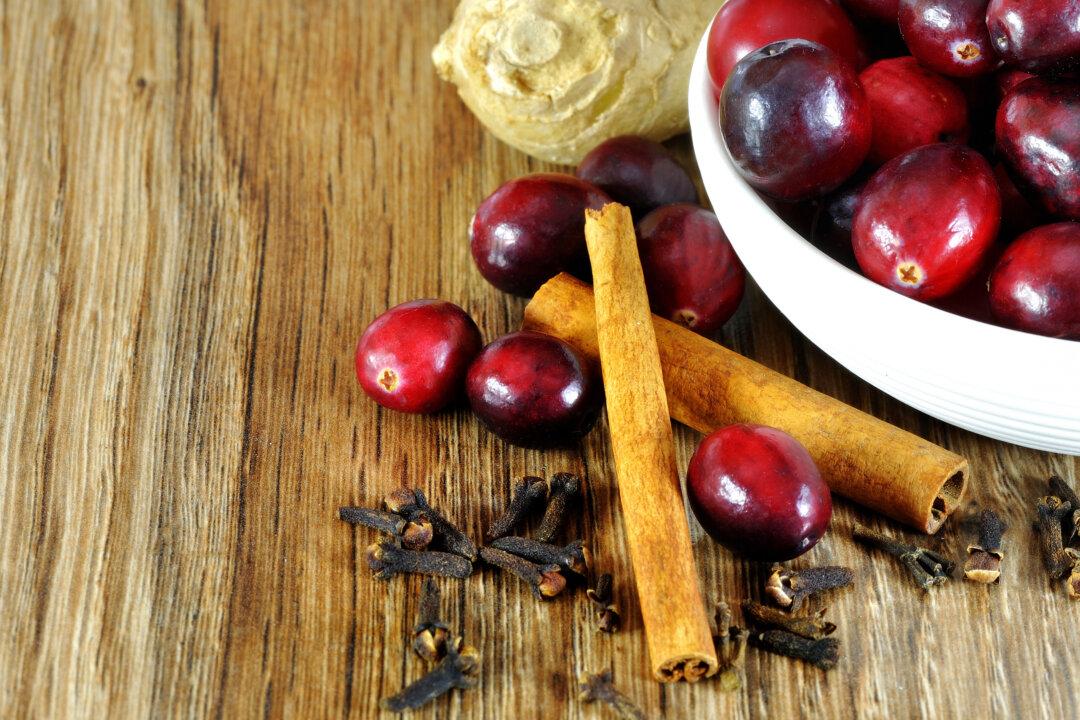All oranges have amazing health benefits. Tangerines are a particularly popular orange and a handy treat. Research shows tangerines may also have potent health effects in a wide range of chronic conditions from obesity to cancer.
According to researchers from The University of Western Ontario, tangerines contain a substance that not only helps prevent obesity, but also protects against type 2 diabetes. This compound even combats atherosclerosis, the underlying cause of most heart attacks and strokes.





